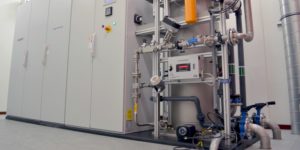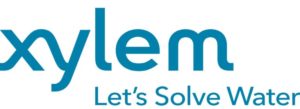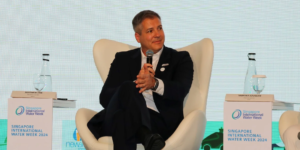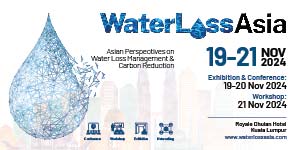Charlotte Partnership Announces the Carolinas’ First Beer Brewed with Recycled Water
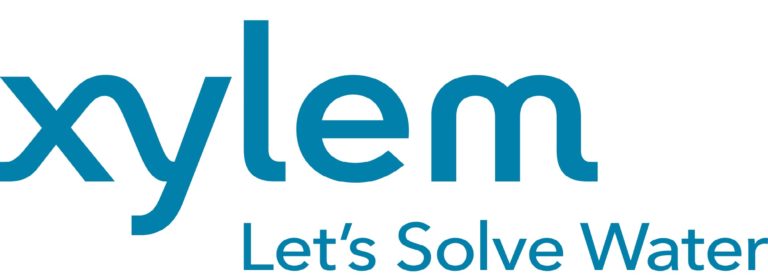
Image source: Xylem Inc.
Renew Brew is a limited-edition pale ale and was first debuted at this month’s Queen City Brewers Festival where it won Best in Show during a blind tasting competition. Renew Brew is a demonstration project and cannot be sold; it is only available via tasting events and demonstrations.
In an industry where the majority of our product is water, and knowing the large amount of it that it takes to make a single pint of beer, it is vastly important to be a part of any sustainability effort that we can – especially an ingredient as important to us as water, said Federico De La Torre, Town Brewing Head Brewer. Classic beer styles from around the world sprung up because of the water that was available to us brewers. We are lucky to have incredible water for brewing here in Charlotte.
Charlotte Water provided the source water from Charlotte Water's McDowell Wastewater Treatment Plant (WWTP), chosen due to its award-winning treatment process and high effluent standards. Xylem technology and expertise made QC Water possible, including post-plant polishing treatment equipment and oversight of additional treatment operations.
At Charlotte Water, we are thrilled to launch in partnership our first beer brewed with recycled water, said Angela Charles, Charlotte Water Director. This project is a testament to our commitment to a circular economy, innovation, and sustainability, and we are excited to showcase the endless possibilities of recycled water.
Changing climate and growing global populations mean water authorities worldwide are looking at treatment options to produce reclaimed water to meet declining freshwater supplies and achieve water security and sustainability. QC Water reflects Charlotte Water's commitment to innovation, sustainability, and circular economy endeavors.
QC Water is a sustainable source of clean water derived from recycled wastewater, using state-of-the-art carbon filtering, reverse osmosis, and advanced oxidation (Ozone + Ultraviolet treatment). What would normally be highly treated effluent from the WWTP discharged into a nearby creek has now taken one step further to become a water source for beer. QC Water exceeds all pathogen reduction requirements and the Environmental Protection Agency (EPA) Guidelines through the Safe Drinking Water Act (SDWA). The production process is monitored to meet the criteria specified by Charlotte Water based on the SDWA. QC Water was tested for more than 150 potential contaminants.
Innovative approaches like reuse are critical to address water scarcity in our communities, said Chris Thomson, Xylem director, vertical marketing, drinking water utilities. We’re proud to support Charlotte Water, and customers globally, as they take on this important work.
Though Renew Brew is the first demonstration project of its kind in the Carolinas, similar recycled water beers have been used in other areas of the United States, including Oregon, Kentucky, California, and Arizona. The public can also sample Renew Brew at an April 20 event at Town Brewing.
Source: Xylem Inc.

